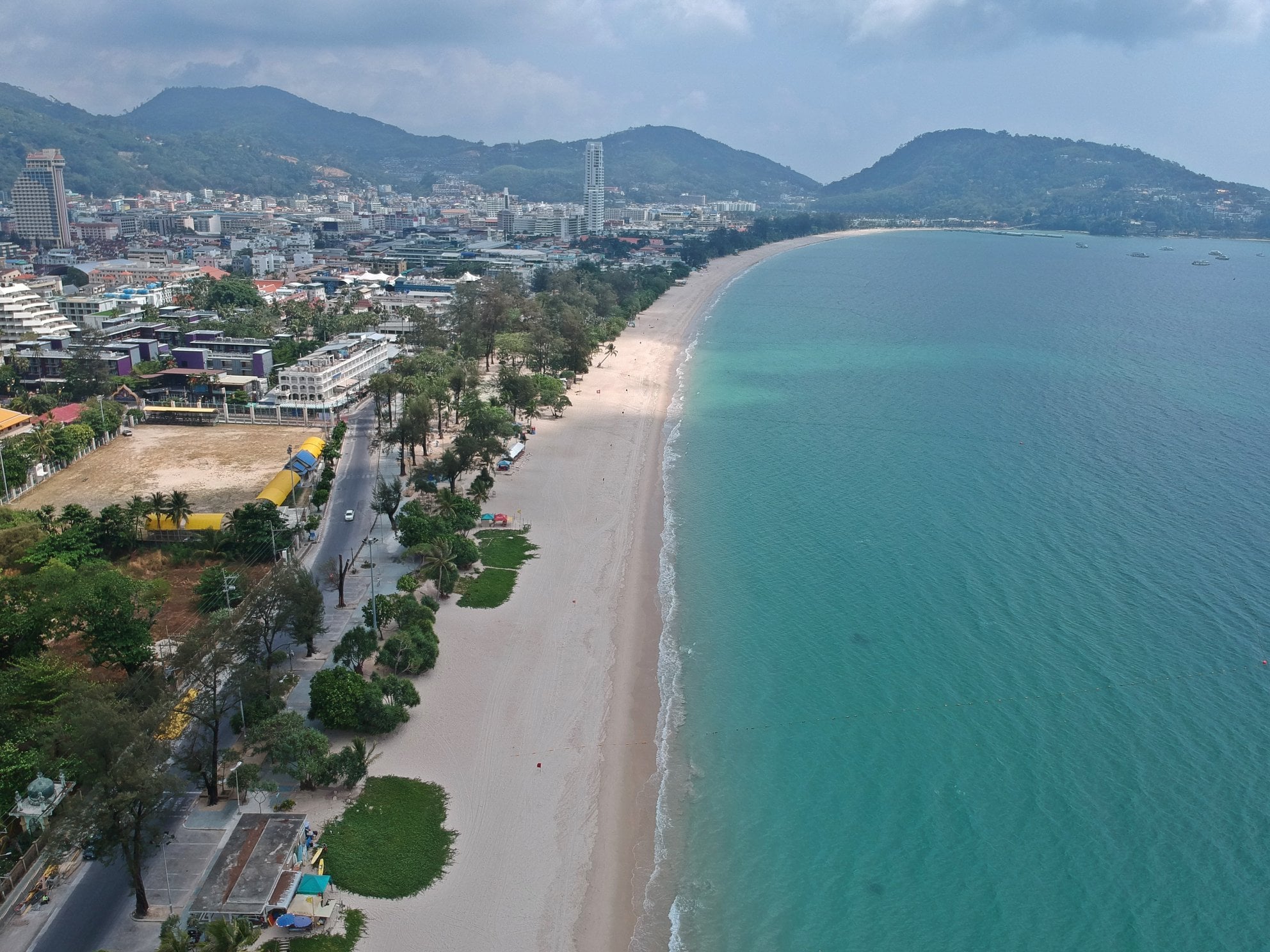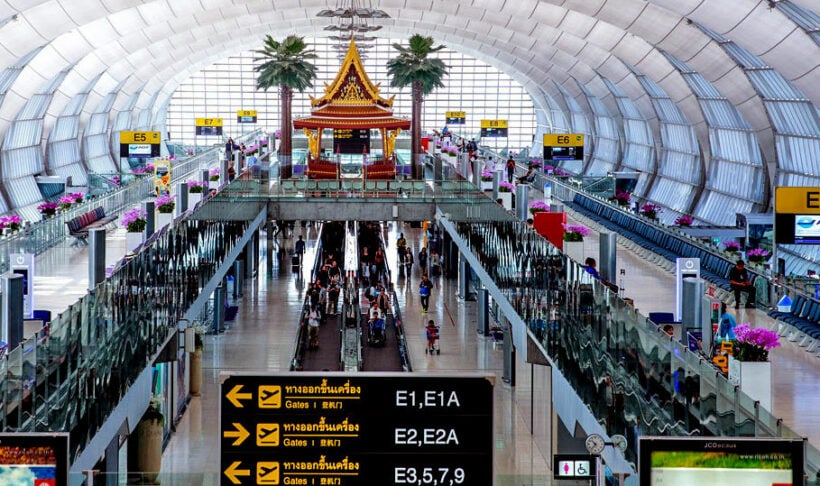Ah, Bangkok Belly. The dreaded foe of adventurous eaters and explorers of Southeast Asia. This unpleasant tummy trouble, also known as traveler’s diarrhea, can put a damper on your vacation. But fear not, fellow traveler! Bangkok Belly is usually a short-lived inconvenience, and with a few simple steps, you can be back to enjoying your trip in no time.
So, how long does Bangkok Belly typically last?
The good news is, most cases of Bangkok Belly resolve themselves within 2-3 days. However, the duration can vary depending on the severity and the culprit behind your digestive distress.
- Bacteria: The most common cause of Bangkok Belly is bacterial infection, often by E. coli. In these cases, symptoms typically last 1-3 days.
- Viruses: Viral infections can also cause traveler’s diarrhea, and these may linger a bit longer, up to 5-7 days.
- Parasites: Parasitic infections are less frequent but can cause persistent diarrhea for weeks if left untreated. If your symptoms last longer than a week, it’s crucial to see a doctor to rule out parasites.
How to Shorten Bangkok Belly’s Reign
While you can’t necessarily control how long Bangkok Belly sticks around, there are steps you can take to ease symptoms and speed up recovery:
- Hydration is Key: Diarrhea can lead to dehydration, so prioritize fluids. Stick to bottled water, clear broths, and electrolyte drinks.
- BRAT Diet: The BRAT diet (Bananas, Rice, Applesauce, Toast) is a bland, easily digestible option that can help settle your stomach.
- Over-the-Counter Relief: Consider over-the-counter medications like loperamide (Imodium) to reduce diarrhea frequency.
- Probiotics: Probiotics can help restore the balance of good bacteria in your gut, potentially aiding recovery.
When to Seek Medical Attention
While Bangkok Belly is usually self-limiting, there are situations where you should seek medical attention:
- Severe or Bloody Diarrhea: If your diarrhea is bloody or accompanied by severe abdominal pain, consult a doctor.
- High Fever: A fever above 102°F (38.9°C) could indicate a more serious infection.
- Dehydration Symptoms: Signs of dehydration like dizziness, lightheadedness, or decreased urination require medical evaluation.
- Persistent Symptoms: If your symptoms last longer than a week, a doctor can help diagnose the cause and recommend treatment.
Preventing Bangkok Belly in the First Place
The best way to deal with Bangkok Belly is to avoid it altogether! Here are some preventative measures:
- Practice Safe Food and Water Habits: Only consume bottled or treated water, avoid raw fruits and vegetables unless you can peel them yourself, and stick to thoroughly cooked meals.
- Wash Your Hands Frequently: Wash your hands thoroughly with soap and water before eating and after using the restroom.
- Consider Probiotics Before Your Trip: Taking probiotics before and during your travels may help prevent digestive issues.
By following these tips, you can significantly reduce your risk of getting Bangkok Belly and ensure a smooth, enjoyable journey through Southeast Asia. But remember, if you do find yourself with a case of traveler’s diarrhea, don’t panic! With a little rest, proper hydration, and potentially some over-the-counter relief, you’ll be back to exploring in no time.




